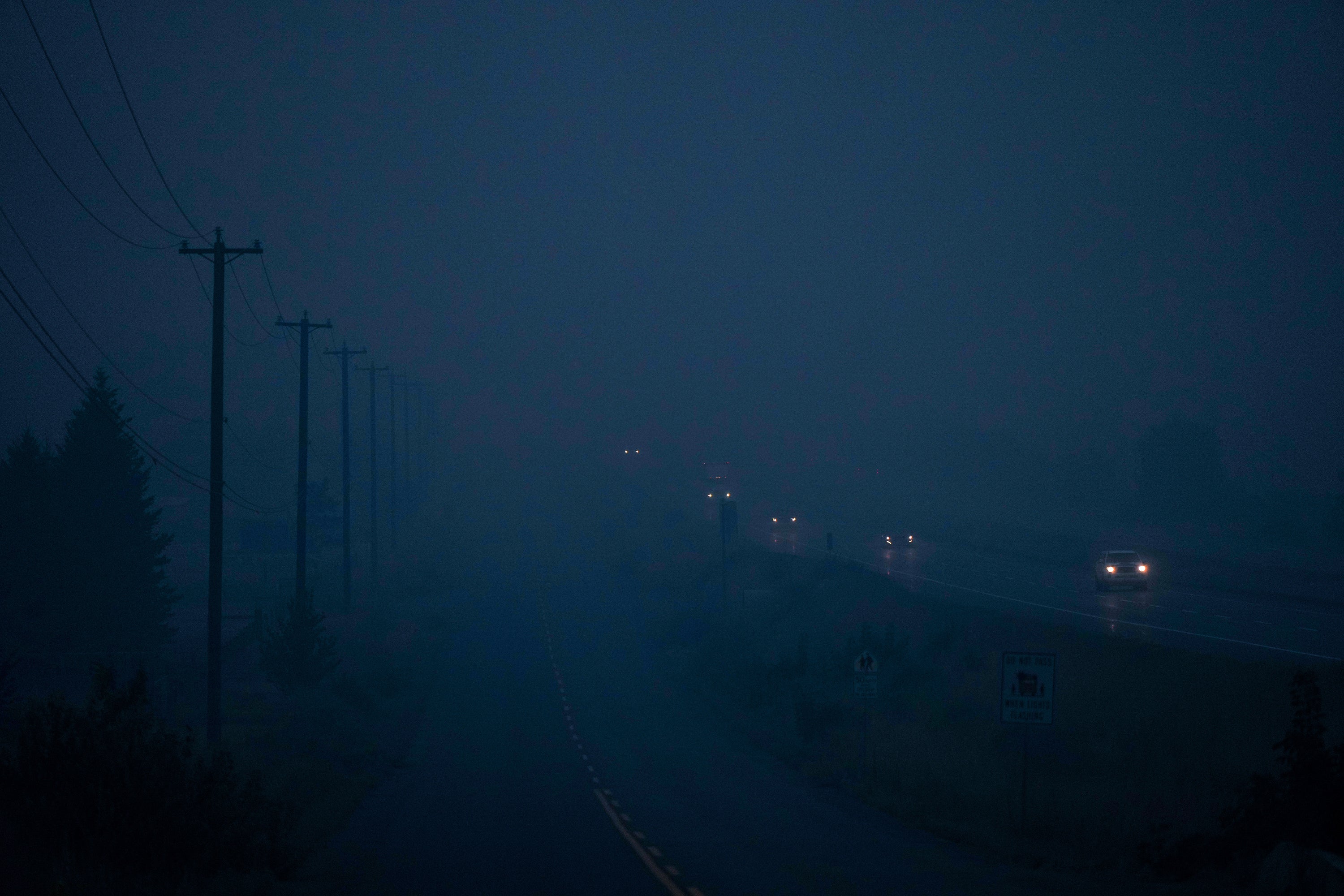Heavy rain helps douse wildfires in Canada's British Columbia
Firefighters in a scenic region of British Columbia say heavy rain overnight has helped douse wildfires that forced the evacuation of thousands of people from the Canadian province

Your support helps us to tell the story
From reproductive rights to climate change to Big Tech, The Independent is on the ground when the story is developing. Whether it's investigating the financials of Elon Musk's pro-Trump PAC or producing our latest documentary, 'The A Word', which shines a light on the American women fighting for reproductive rights, we know how important it is to parse out the facts from the messaging.
At such a critical moment in US history, we need reporters on the ground. Your donation allows us to keep sending journalists to speak to both sides of the story.
The Independent is trusted by Americans across the entire political spectrum. And unlike many other quality news outlets, we choose not to lock Americans out of our reporting and analysis with paywalls. We believe quality journalism should be available to everyone, paid for by those who can afford it.
Your support makes all the difference.Firefighters in a scenic region of British Columbia said Wednesday that heavy rain overnight helped douse wildfires that forced the evacuation of thousands of people from the Canadian province, as the cost of the devastating fires became clearer.
Officials in southern British Columbia said 174 properties were partially or totally damaged by the fires that raged for days in the Okanagan Valley threatening towns in the Kelowna area, a summer destination about 90 miles (150 kilometers) north of the U.S. border.
“Things are looking good,” West Kelowna fire Chief Jason Brolund said.
“It rained last night and that’s a very positive sign. We had about an hour of rain. That combined with cooler temperatures and increased humidity is going to be a boost,” he said.
Brolund said a total of 84 properties were partially or totally damaged in West Kelowna and the Westbank First Nation.
Fire Chief Ross Kotscherofski of the North Westside fire rescue department said his region had “received rain, and a lot of it,” and it will help with “mopping up” fires on the east side of the lake.
Kotscherofski said 90 properties in his firefighting region were damaged or destroyed, although some, including the Lake Okanagan Resort, consist of multiple structures.
About 27,000 people in British Columbia have been under evacuation orders, with 35,000 more under alert to be ready to evacuate on short notice.
To the north, in Northwest Territories, the mayor of Yellowknife said late Tuesday it’s not safe for residents to go home to the territorial capital, but she notes city officials are working on a return plan. A fire continued to burn about 15 kilometers (nine miles) away from the city. Most of the 20,000 residents left by air or road late last week.
Canada has seen a record number of wildfires this year that have caused choking smoke in parts of the U.S.